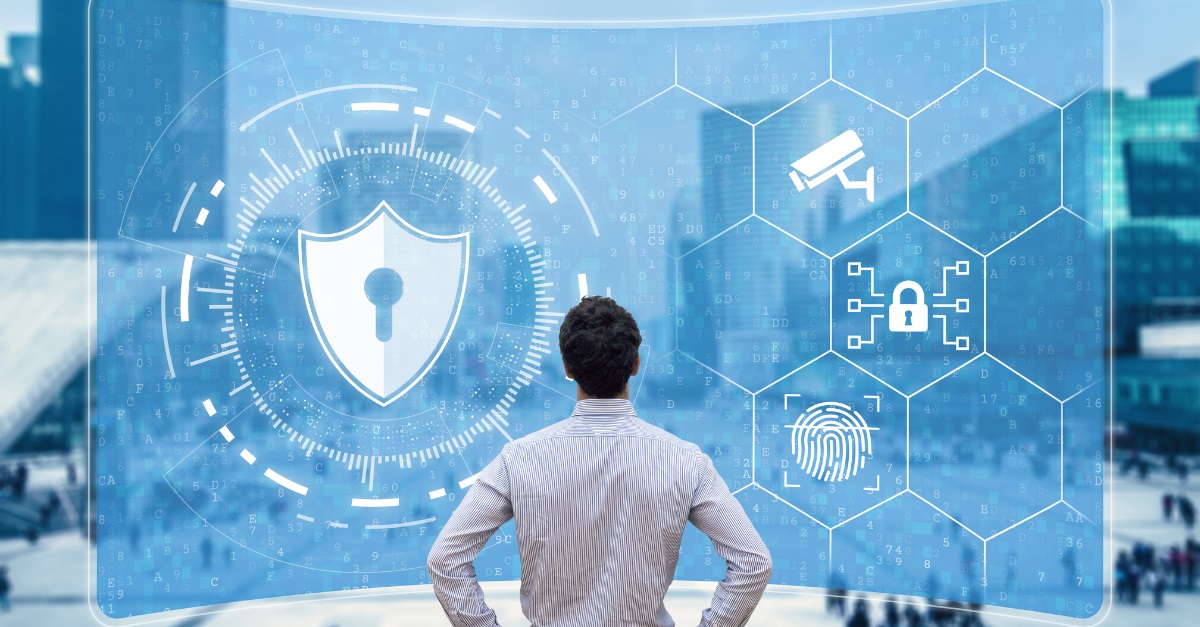Comments
- No comments found

We've all seen how the COVID-19 pandemic has drastically altered the world's economy and our lives in particular.
The pandemic negatively impacted several international economies and wreaked havoc on regular lives.
While these challenges have lasted into 2022, many people have learned from their mistakes. Because of the high job losses, many people were left without food or medical assistance during the lockdown. Others were left cash-strapped after spending their life savings on medical expenditures.
The following are some of the significant lessons from COVID-19:
It's essential to save for emergencies
We should spend more time with our loved ones
We should find balance in our career and other critical life aspects
It's crucial to maintain good health and get a health insurance cover
We should spend cash consciously

With the emergence of COVID-19, people have learned the essence of saving for a rainy day. Most people who previously spent recklessly have begun to reconsider their actions. Moreover, people are increasingly looking at various long-term investment options, such as purchasing real estate, putting up insurance plans, investing in precious minerals like gold and other assets, and so on.
This is a great place to start because saving and investing gives you a sense of security and help you secure your financial future. Even so, it's not only about saving; people also need to break old unhealthy patterns to cut costs. Although this will require extra effort, the rewards are enormous.
You can use public transportation instead of using your car. By doing so, you'd save money on gas. In addition, you could lower your take-out and meal delivery costs by cooking. Cooking at home is less expensive and likely healthier than eating out.
We also observed that many individuals (gym enthusiasts) started doing their workouts at home during the pandemic, saving money on gym memberships.
In addition, consider the following suggestions for changing your spending pattern:
While working and earning a wage is beneficial, you should also develop skills in your areas of interest. Having a Plan B can protect you in an emergency, such as losing a job.
Don't mix your personal and professional lives. Both are critical and must be handled appropriately. Divide your working hours into chunks and spend the remaining time with your loved ones. You may secure another job or career, but you can never replace your family.
Overspending cash is a harmful habit that can be difficult to break. We’ve learned the value of spending our money consciously during the pandemic — only purchasing much-needed items and saving the rest for a rainy day. It's an excellent habit to develop, and it'll benefit you in the long term.
Until COVID-19, most people underestimated the importance of insurance covers. However, during this crisis, we witnessed many families suffering after the death of their loved ones. As a result, purchasing insurance coverage is one of the best ways to ensure your loved ones live a good life even after your death.

COVID-19 has had a significant impact on how Australian businesses and consumers spend. Panic purchasing, the emergence of the "homebody economy," and a dramatic move toward contactless purchasing have gained popularity of late.
Consumption habits changed a lot because of closed borders, limited shopping, stay-at-home orders, and the high levels of uncertainty.
According to the Australian Bureau of Statistics, there have been significant drops in spending on transportation, lodging, entertainment services, and catering.
Contrarily, food spending went up a little, and alcohol intake was even higher. Expenditure on streaming services, home electronics, furniture, hardware, and pet-related products was also reported to have increased.
Contactless payments took off because of the need to cut down on physical contact. Technology that lets people pay with their phones, like when supermarkets simplify paying by scanning a QR code, has dramatically stimulated this change. Essentially, this technology has been praised for having had an important role in reducing the spread of the virus.
Other options for securing loans, besides the traditional means, also amassed popularity during this period. Loan matching services such as Viva Payday Loans have come in to offer credit to those who are unlikely to get a loan from traditional lenders in an emergency.
The emergence of the COVID-19 pandemic has undoubtedly resulted in a lot of destruction (and everyone wishes it never happened). Still, it has also taught us some fundamental financial concepts in life.
Leave your comments
Post comment as a guest